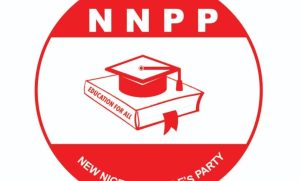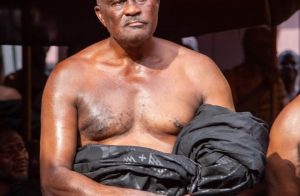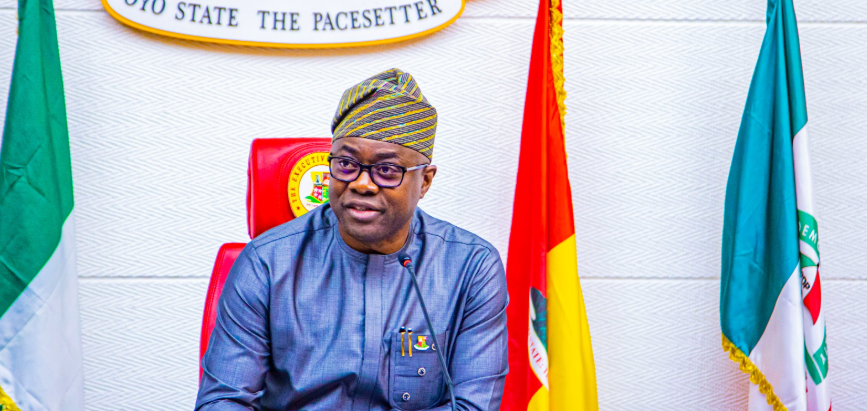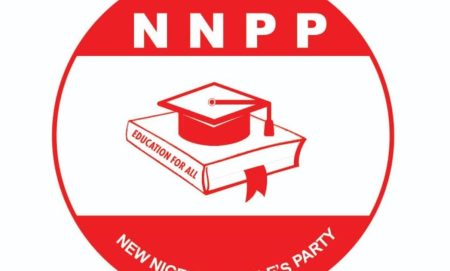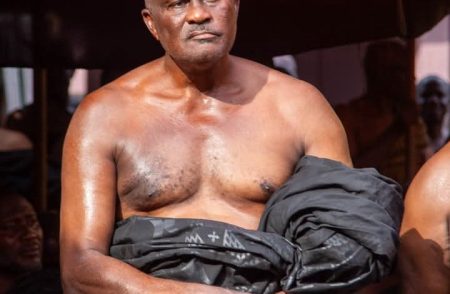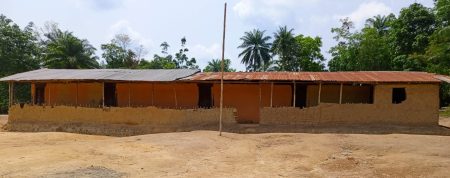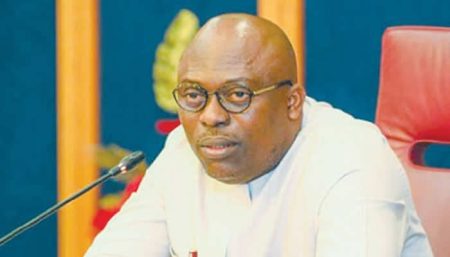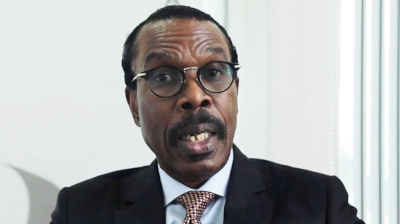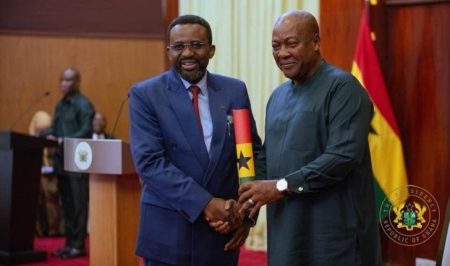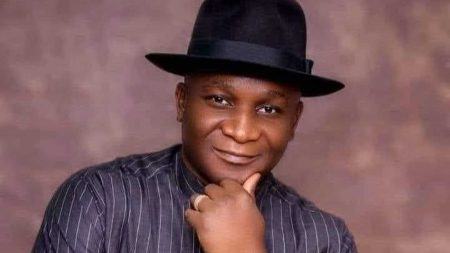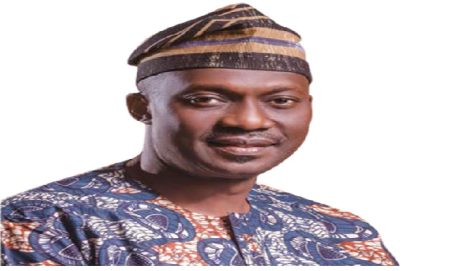The political landscape of Oyo State witnessed a heated exchange between Governor Seyi Makinde and the All Progressives Congress (APC) following the swearing-in of newly elected local government chairmen in Osun State. Governor Makinde’s presence at the ceremony, presided over by Osun State Governor Ademola Adeleke, sparked controversy and drew sharp criticism from the Oyo APC. The crux of the disagreement revolved around the ongoing local government crisis in Osun State, with the APC accusing Makinde of making inflammatory remarks and aligning with “anti-democratic forces.” Makinde, in turn, dismissed the APC’s accusations as “mumbo jumbo” unworthy of a response. This incident underscores the deep political divisions and tensions between the ruling PDP and the opposition APC, not only within Osun State but also spilling over into neighboring Oyo State.
The controversy began with Governor Makinde’s attendance at the swearing-in ceremony in Osogbo, the Osun State capital. During the event, Makinde advised the APC to pursue legal avenues rather than resorting to self-help in addressing the Osun local government crisis. He invoked the historical “Wild Wild West” crisis, urging caution and emphasizing the importance of avoiding actions that could destabilize Osun State. These remarks, however, were met with strong disapproval from the Oyo APC, which accused Makinde of meddling in the internal affairs of Osun State and exacerbating the existing political tensions. The APC’s statement characterized Makinde’s participation as a “show of shame” orchestrated by the Peoples Democratic Party (PDP).
The Oyo APC, through its Publicity Secretary, Olawale Sadare, issued a scathing statement condemning Makinde’s actions and utterances. The party cautioned Makinde against making statements that could incite the people of Osun State amidst the ongoing dispute over the control of the 30 local government councils. The APC further accused Makinde of embarrassing Oyo State by associating with individuals and groups deemed to be undermining constitutional democracy and the rule of law. The APC’s statement went on to allege that Makinde’s comments were a veiled attack on President Bola Tinubu for supporting the autonomy of local governments from state governors.
In response to the APC’s criticisms, Governor Makinde, through his spokesperson, Sulaimon Olanrewaju, adopted a dismissive stance, labeling the APC’s statement as “mumbo jumbo” and unworthy of a response. This dismissive approach further fueled the political fire, highlighting the deep-seated animosity between the two parties. The APC’s statement not only targeted Makinde but also extended its criticism to Governor Adeleke, accusing him of orchestrating a “show of shame” and undermining the rule of law. The APC expressed its disapproval of Adeleke’s leadership, characterizing him as unfit for office and eagerly anticipating his departure in 2026.
The APC’s grievances against Adeleke centered on his handling of the legal dispute surrounding the local government elections. The party accused Adeleke of attempting to circumvent a court ruling by seeking a favorable judgment from a state high court. This maneuver, according to the APC, represented a blatant disregard for the judicial process and a dangerous precedent for democratic governance. The APC’s strong condemnation of both Makinde and Adeleke reflects the party’s belief that their actions are undermining the principles of constitutional democracy and the rule of law.
The clash between Governor Makinde and the Oyo APC over the Osun local government crisis reveals the underlying political tensions and power struggles within the region. The APC’s accusations of Makinde’s interference in Osun State affairs and his alleged alignment with “anti-democratic forces” underscore the deep divisions between the two parties. Makinde’s dismissive response and Adeleke’s actions regarding the local government elections further exacerbate the conflict. This incident serves as a microcosm of the broader political landscape in Nigeria, where inter-party rivalries and disputes over power and control often dominate the political discourse. The ongoing dispute over the Osun local government councils remains a contentious issue, with the potential to further escalate political tensions in the region.


